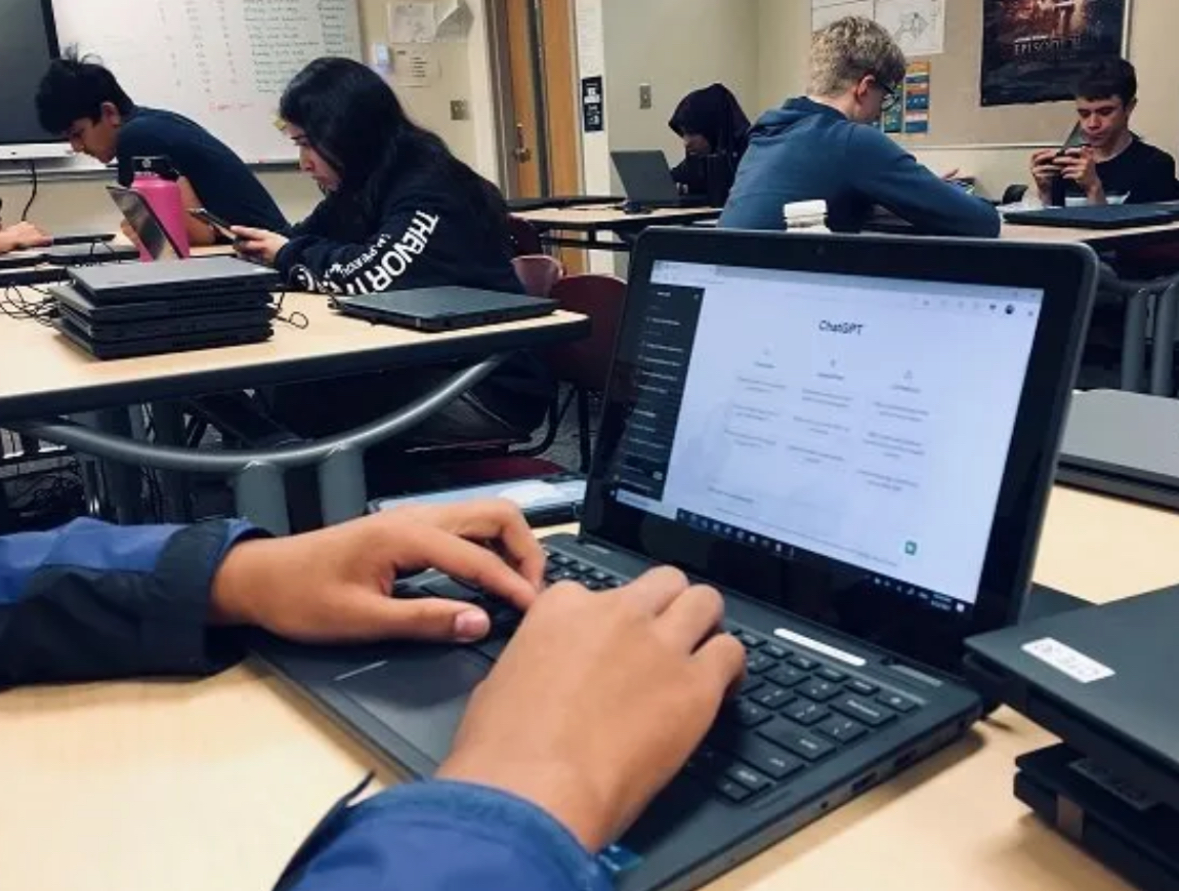In recent years, the practice of students listening to music while studying or attending classes has sparked significant debate. On one hand, music can be a helpful tool for concentration, relaxation, and stress relief. On the other, it raises questions about its potential to distract students from their academic responsibilities. Understanding both the positive and negative impacts of this habit can help schools determine whether or not it should be encouraged in the classroom setting.
The Benefits of Listening to Music
Improved Focus and Concentration: Many students find that listening to music, particularly instrumental or low-tempo tracks, can enhance their concentration while studying. Music can help block out background noise and create a more controlled auditory environment. For some students, this can lead to better information retention, especially in noisy or crowded classrooms.
Stress Reduction: School can be stressful, and students are often juggling multiple assignments, exams, and extracurricular activities. Listening to soothing music can help reduce anxiety and create a calming atmosphere. Studies have shown that music can lower levels of cortisol, a hormone associated with stress, helping students manage their mental well-being.
Enhanced Creativity and Mood: For students involved in creative disciplines, music can serve as a source of inspiration. Many find that music helps them get into a productive flow state, making it easier to engage in tasks that require critical thinking or problem-solving. Additionally, music can improve overall mood, providing students with a positive environment that encourages learning and personal growth.
Distractions: Despite its potential benefits, music can also serve as a distraction. When students are listening to their favorite songs, especially those with lyrics or upbeat tempos, their minds may wander. This can result in decreased academic performance, particularly in subjects that require deep focus or complex problem-solving.
Social Disconnection: Some educators argue that allowing music in the classroom might reduce opportunities for student interaction. Communication and collaborative learning are vital aspects of the school experience, and excessive use of personal headphones or music may isolate students from their peers and disrupt group dynamics.
Dependence on External Stimuli: There is a concern that students may become overly reliant on music for concentration. This could affect their ability to focus in environments where music isn’t allowed, such as during tests or in standardized classrooms. Encouraging students to work without the aid of external stimuli may help develop stronger concentration skills.
Rather than a one-size-fits-all approach, finding a middle ground could be the key to addressing the pros and cons of music in school. Some schools have implemented designated “music zones,” where students can listen to music during independent work periods, while others have created specific rules around when and how it’s appropriate to listen to music in the classroom. For example, allowing students to listen to music during group activities might be encouraged, while banning it during lectures or tests.
Teachers can also guide students by suggesting specific types of music that are most conducive to learning. Instrumental or classical music is often recommended for study sessions because it lacks lyrics, which can interfere with reading and writing tasks. Alternatively, students who find themselves easily distracted may benefit from quieter environments where music is not permitted.
Ultimately, the decision to allow students to listen to music in school should be tailored to the needs of the students and the goals of the classroom environment. When used appropriately, music can have a positive effect on focus, creativity, and overall student well-being. However, schools must consider the potential for distractions and ensure that students are learning how to balance their use of music with their academic responsibilities. By striking the right balance, students can benefit from both the educational value of their studies and the mood-enhancing qualities of music.
question 1 what is your top 5 artists you listened to?
person 1, I listened to king von, NBA youboy, pop smoke, L5 and lil tony
person 2 I listened to Brent faiyaz, kid loroi, lucki, Ken Carson, Tyler









